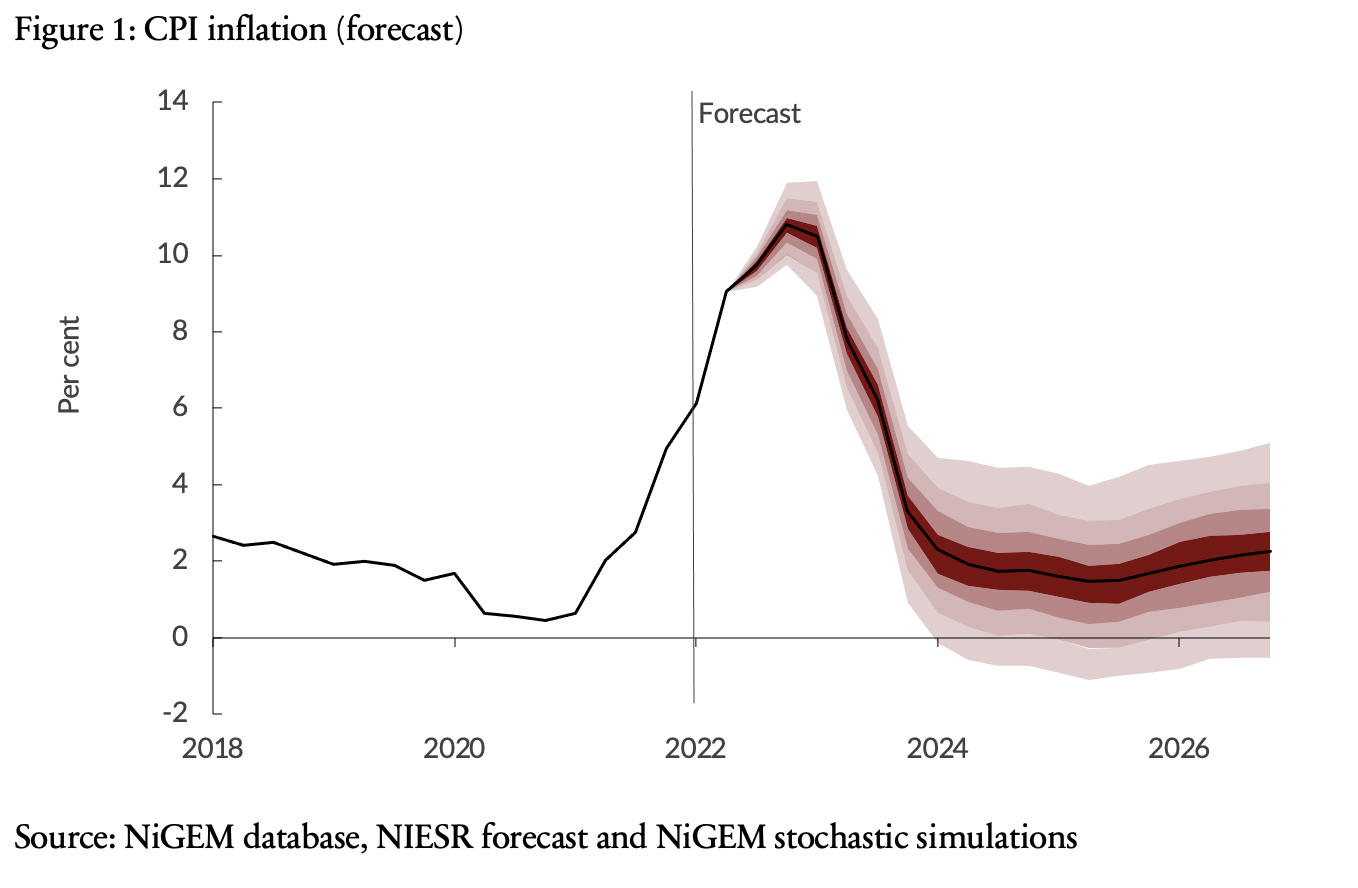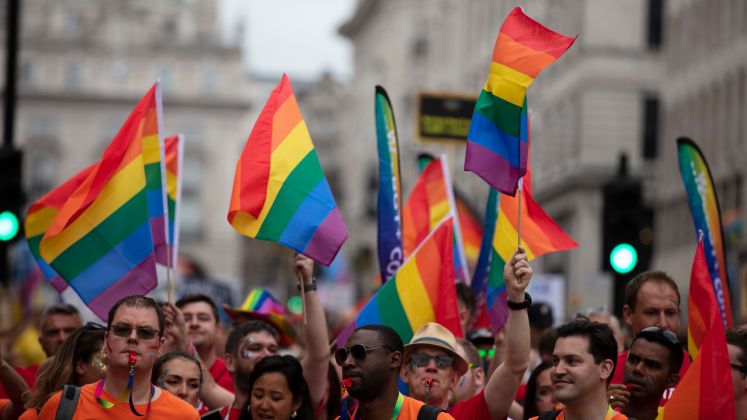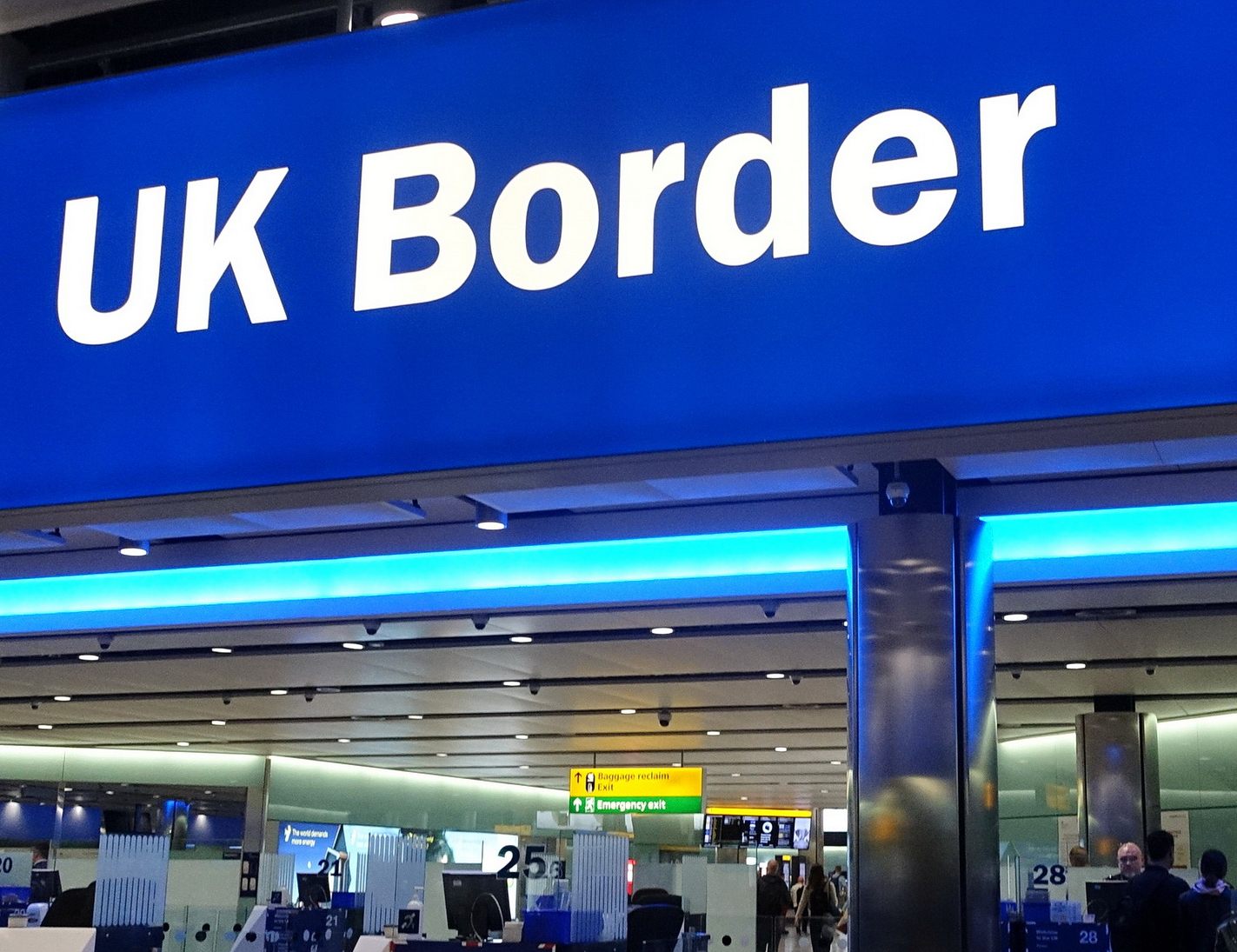Image is important during an election campaign, and the symbolism of the Prime Minister announcing a general election while being drenched in the rain is not a favourable one. But beyond the unfortunate imagery, Nick Anstead argues that Rishi Sunak’s message of the country having turned a corner and facing brighter days is in tension with his claim that the UK is also entering a period of dangerous geopolitical instability.
Let me start by laying my cards on the table. For the past year or so, I have said whenever asked that I was convinced the General Election would be held in October. My rationale was based on three assumptions. First, Prime Ministers don’t call an election when they are 20 points behind in the polls. Second, there is no real chance of a significant recovery in Conservative support in the coming months. Third, this Parliament is unusual as it is due to expire in December. This theoretically meant a January 2025 election was a possibility. However, organising a winter or even Christmas election always seemed unlikely, as it would be hugely unpopular with journalists, activists and many voters. Therefore, the balance of these assumptions seemed to point towards an October poll.
It appears that I was not the only one caught off guard by Sunak’s recent decision – many of his own MPs were also taken aback. In fact, some are reportedly furious at what they perceive as a significant strategic misstep. The campaign launch yesterday, which featured Sunak standing outside Downing Street in the pouring rain will not have improved their mood.
It is important to recognise that unfortunate images of politicians gain the most coverage when they speak to a greater truth, crystallising something which the public has already made its mind up about.
Image matters in politics. Neil Kinnock’s leadership was encapsulated when he fell over on the beach in Brighton. Ed Miliband never recovered from an ill-advised bacon sandwich. It could be contested that the way these images were used to attack these particular politicians was unfair or superficial. Around the same time as bacon sandwich gate, Miliband’s political rival David Cameron, ate a hot dog with a knife and fork. This could have easily become a visual signifier of how out of touch he was, but the photograph never really got the same airtime that the Miliband image did. It is important to recognise though that unfortunate images of politicians gain the most coverage when they speak to a greater truth, crystallising something which the public has already made its mind up about.
Sunak’s message made the optics worse.
How did the Prime Minister’s communication team get themselves into this mess? Their political situation is dire, so they will try to maximise every advantage they possibly can, hoping to generate some kind of movement in the polls. One advantage they have is incumbency. If yesterday’s announcement had been moved inside, it would have occurred in a smart Georgian room. The problem is that Keir Starmer can also find a smart Georgian room in which to give a press conference. What he can’t do (at least yet) is speak outside the iconic black door of 10 Downing Street. I suspect a determination to leverage that unique advantage led to an absolute determination to speak outside, with the disastrous results we all witnessed.
Sunak’s message made the optics worse. In some ways, the rhetorical strategy makes sense if you put yourself in the position of the Conservative Party. Sunak began by talking about the challenges the country had gone through in the past five years, including COVID-19 and the cost-of-living crisis largely driven by inflationary pressures created by the war in Ukraine. Sunak had a few objectives in focusing on these events. First, he was making the case that lots of the difficult things the country has been through are caused by external events, beyond the control of the UK government. Second, he is trying to make this election about trusting the Conservative Party to finish the work it has already started. Third, he was attempting to make the point that the chaos of the past few years may now be behind the country, and the Conservative Party deserves a chance to govern under more normal circumstances.
The decision to open the speech with a list of things that have gone wrong in recent years did not provide much inspiration for anyone listening.
There were a few problems, however. Sunak’s argument seems to contradict his speech just last week about the increasing instability of the world. He did reference some of these ideas later in his Downing Street speech, but they jarred with the statement’s core “turning a corner” message. This suggests a campaign that is still struggling to settle on its best messaging. More broadly, the decision to open the speech with a list of things that have gone wrong in recent years did not provide much inspiration for anyone listening and had strong echoes of Jimmy Carter’s infamous malaise speech. It certainly did not suggest a Prime Minister who controls events but rather someone who is buffeted by things beyond his control.
For this reason, and if the opinion polls are correct, we might already have seen what will become the most iconic image of the 2024 General Election campaign: a man in the process of losing his grip on power standing in the pouring rain.
All articles posted on this blog give the views of the author(s), and not the position of LSE British Politics and Policy, nor of the London School of Economics and Political Science.
Image credit: ITS on Shutterstock







